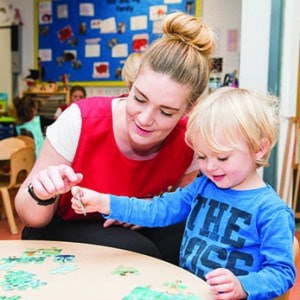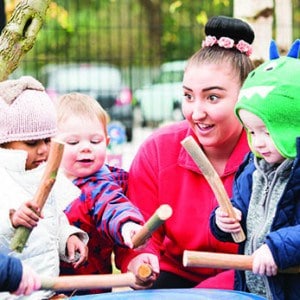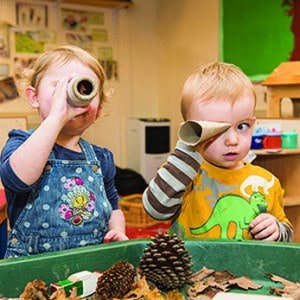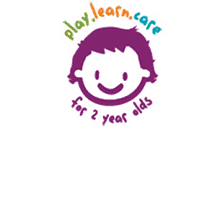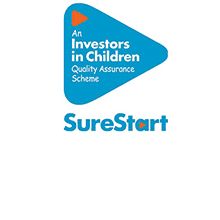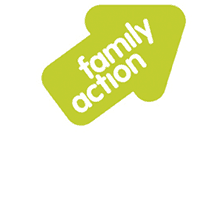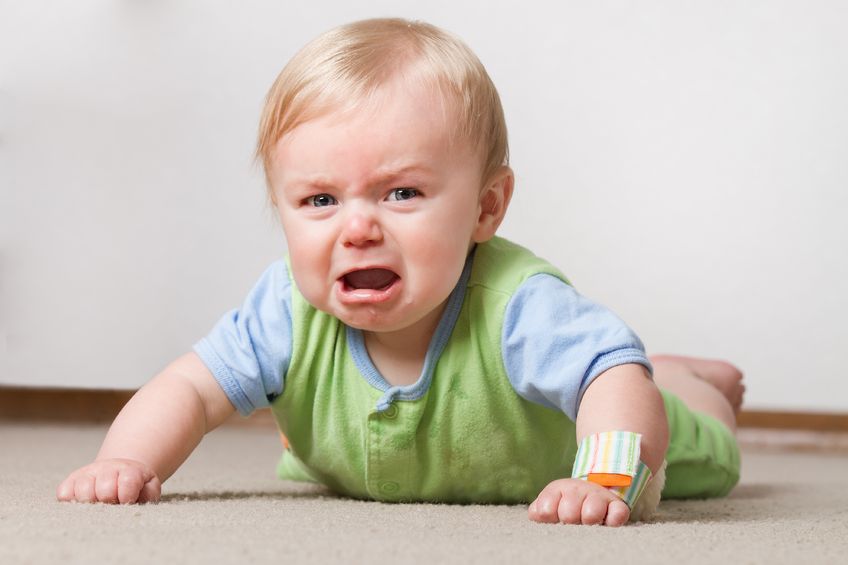
07 Jul Typical Toddler Behaviour: What to expect?
Typical Toddler Behaviour – What to expect?
At this age, your child is moving around more and has a stronger desire to explore new objects and people. Toddlers will show greater independence; they begin to show defiant behaviour and will often imitate the behaviour of others — especially adults and older children.
It can sometimes be difficult to follow the ups and downs of a two-year old, one moment they can be happy — the next they are having a melt-down or a temper tantrum. These erratic mood swings/behaviour are all a part of growing up and it’s perfectly normal behaviour!
They are signs of changes taking place in their bodies and minds as sometimes children struggle to take control of their actions and impulses.
It is normal for children to begin to test boundaries and they may react with anger and frustration which may also include hitting, biting, kicking, crying or screaming. Sometimes, they may even act out in ways that harm themselves or others, it’s all part of being a toddler so don’t worry.
Dealing with emotions is incredibly hard for little ones as they don’t understand what’s happening inside them and they haven’t developed the words to describe how they are feeling just yet. They are emerging out of baby hood where everything was centred around their individual, immediate needs, however they now start to grow their perception of other people’s feelings.
Typical Toddler Scenarios:
- Does the opposite of what they’re asked
- “No!” is their favourite word
- Not very patient – it needs to happen NOW!
- May treat people like objects – will step on, push, hit others (including baby brothers and sisters – without remorse)
- Has no or little concept of sharing
- Emotionally immature
- Has lots or energy (which will need burning)
- Needs one word commands (may not be followed)
- They want to do it themselves
- They can’t share yet, everything is “mine”
- They like to return to favourite things, places, activities and repeat experiences over and over again so they can make sense of what is happening or how it makes them feel
- They need space, especially in a natural environment
- Try not to over stimulate them, they flourish and learn more in peaceful surroundings
- They need to know what to expect and pre-warnings of a change in routine or to what they are doing can help prevent melt downs
- They need places to be active, rest, explore and imagine
What can adults can do to support Toddlers?
- Set reasonable limits – consistency is key!
- Praise good behaviour & be a good role model
- Try not to overreact by punishing them (although it may be hard)
- Distract your child before negative behaviour occurs
- Be patient with them, try to understand their point of view
- Keep your sense of humour
Final Thoughts – Don’t worry!
Every child develops in their own unique way and will not always exhibit these characteristics but if they do, – remember – it’s completely normal!
Toddlers are also extremely loving and affectionate so try to take solace in the fact that these behaviours will fade by the time they are 3! Hopefully…
Blog Author:
Amy Colley – Nursery Nurse



